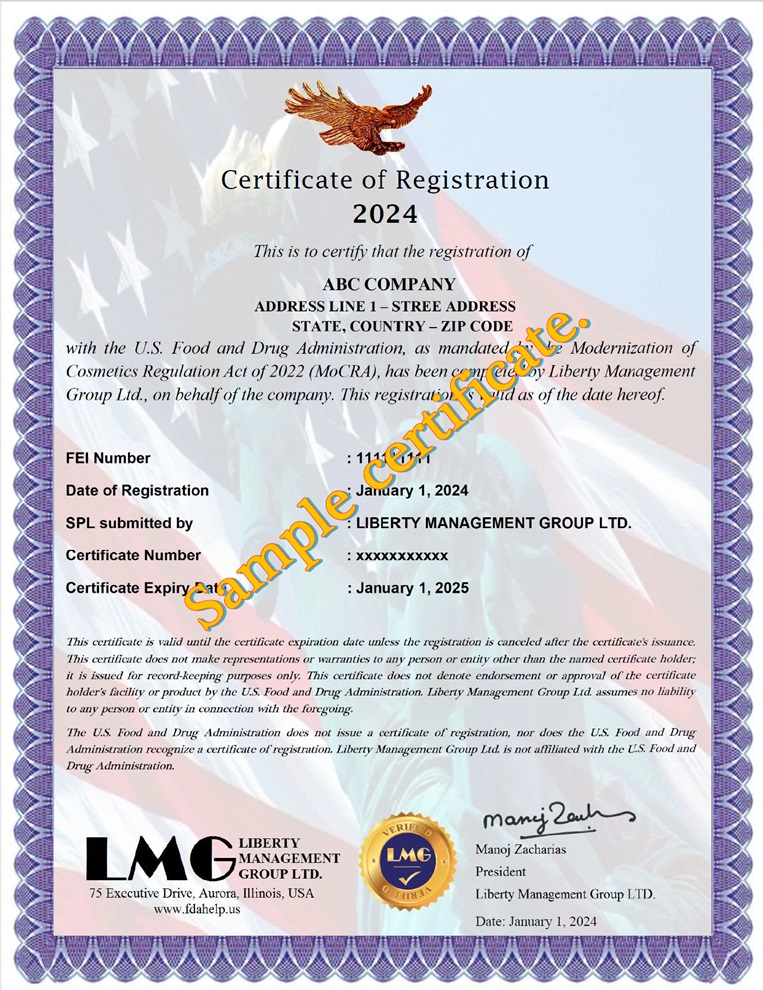
What is FDA Cosmetic Registration?
The fda cosmetic registration is a voluntary system designed to help businesses comply with the Federal Food, Drug, and Cosmetic Act. Although not mandatory, this registration is highly recommended for cosmetic manufacturers and marketers. It serves as a declaration of a product’s safety and adherence to FDA guidelines, fostering consumer trust and ensuring market credibility.
Why is FDA Cosmetic Registration Important?
FDA cosmetic registration plays a crucial role in safeguarding public health. By registering, companies demonstrate their commitment to producing safe, high-quality products. This process allows the FDA to monitor and respond to potential safety concerns, ensuring that the products on the market meet regulatory standards. Companies that voluntarily register their products often gain a competitive edge, as consumers perceive them as more reliable and trustworthy.
Steps Involved in FDA Cosmetic Registration
The registration process begins with creating an account in the FDA’s Voluntary Cosmetic Registration Program (VCRP). Businesses must provide details about their manufacturing practices, ingredients, and product formulations. This information helps the FDA maintain a comprehensive database of cosmetics sold in the United States. While the registration itself does not imply FDA approval, it ensures transparency and accountability in the cosmetic industry.
Common Misconceptions About FDA Cosmetic Registration
Many believe that registering a cosmetic product with the FDA equates to receiving FDA approval. However, this is not the case. Cosmetic products are not subject to pre-market approval by the FDA unless they contain color additives. Registration simply means that a company has voluntarily provided its product information to the FDA. Clearing this misconception is vital for businesses entering the market.
Benefits of FDA Cosmetic Registration for Businesses
Registering with the FDA can enhance a company’s reputation and customer loyalty. It demonstrates a proactive approach to safety and compliance, which is often appreciated by consumers and business partners. Additionally, it streamlines communication with the FDA in case of product recalls or adverse event reports, minimizing potential legal and financial risks.
